
Barbara Streisand to Fund Institute at UCLA Focused on Solving Societal Challenges
“Building upon her decades of work as an artist and activist,…
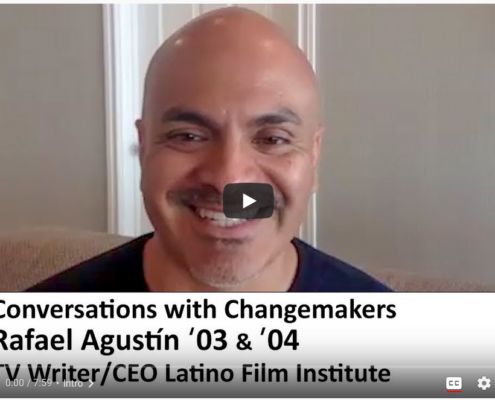
LA Social Science Presents “Conversations with Changemakers” Featuring UCLA Alum Rafael Agustín Discussing Latinx Storytelling
UCLA Alum Rafael Agustín ('03 & '04), TV Writer (Jane…
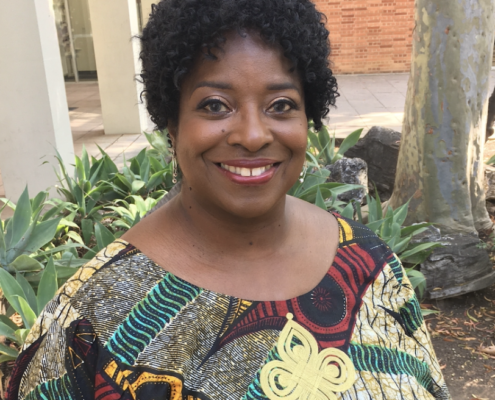
Dr. Cheryl Keyes Contributes to the Smithsonian Anthology of Hip-Hop and Rap Released Today
The Smithsonian’s National Museum of African American History…
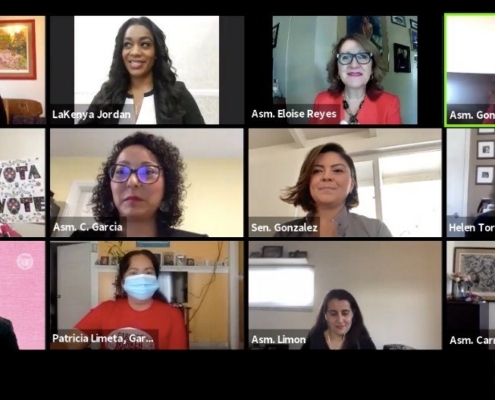
Latinas in California Remain Invisible in Policymaking: UCLA Alumni and Researchers are Looking to Change That
The UCLA Latino Policy and Politics Initiative has supported…
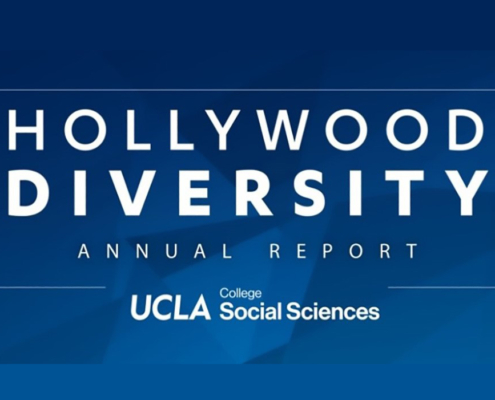
UCLA Hollywood Diversity Report Receives Funding from CA State Budget
The UCLA Hollywood Diversity Report received a $250,000 allocation…
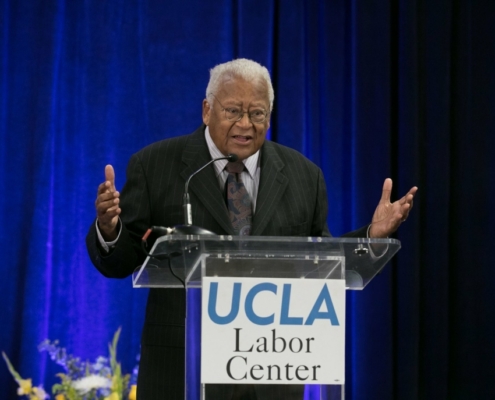
UCLA Labor Center Receives $15 Million to Renovate and Rename Its Downtown Building After Rev. James Lawson Jr.
The UCLA Labor Center has received $15 million from the 2021-22…
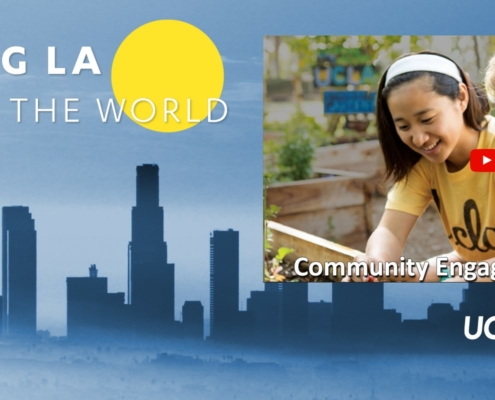
UCLA Division of Social Sciences Premieres “Community Engaged Scholarship” Video
Here at UCLA, community engaged scholarship is not an option…

RSVP for the UCLA Data-Informed Governance (DIG) Conference on July 7
Presenting UCLA's first conference on Data-Informed Governance…
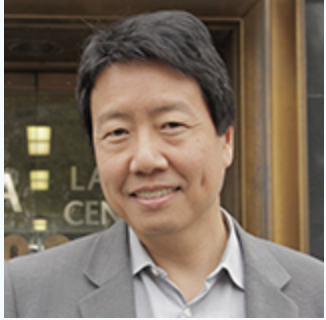
Clergy & Laity United For Economic Justice Honor UCLA Labor Center Director Kent Wong
UCLA Labor Center's Director Kent Wong, was recognized as one…
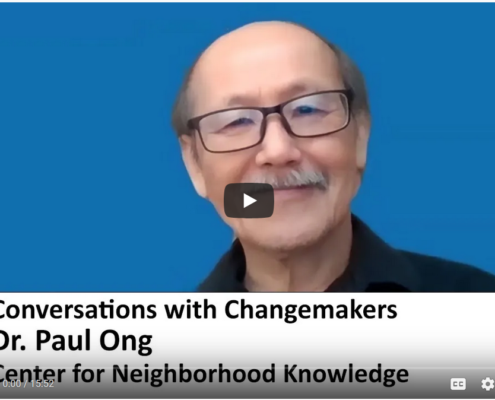
LA Social Science Presents “Conversations with Changemakers” Featuring Dr. Paul Ong Discussing AAPI Community Challenges
Dr. Paul Ong, Center for Neighborhood Knowledge Director…

